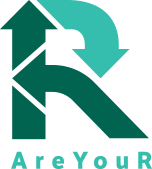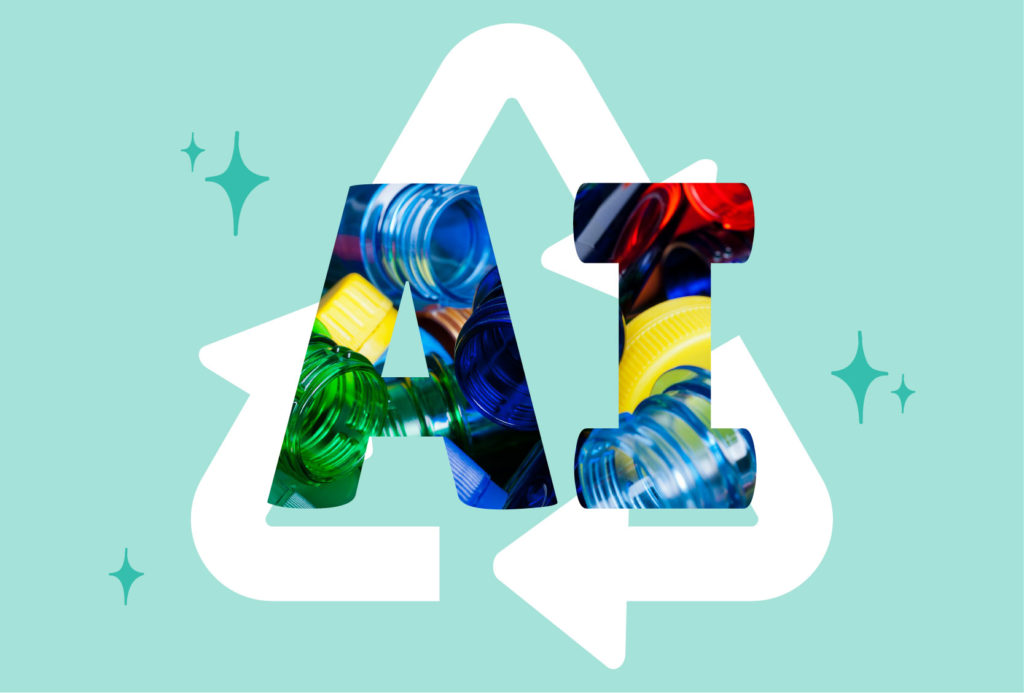Artificial Intelligence (AI) is becoming one of the most talked about technologies, as it is being used in various fields, from the creative to the scientific ones.
There is no doubt that AI is one of the great revolutions we are witnessing, that can certainly change the way we work.
Indeed, it is also beginning to play an important role in the plastic recycling process.
Below you can learn about some remarkable projects that use AI to improve the collection, sorting and processing of plastic waste!
High-performance recycling machines
Unilever has launched the first large-scale plastic recycling system empowered by artificial intelligence.
The initiative – called Waste Free World and currently piloted in China – is the fruit of a recent collaboration between the British company, which owns 400 brands ranging from food to hygiene products, and Alibaba, a multinational company specializing in e-commerce. This partnership is revolutionizing the waste sorting system with increasingly popular machines that can automatically identify and sort plastic packaging.
Waste collection has no more secrets!
The start-up ReLearn has created Nando, an innovative solution based on artificial intelligence that collects accurate data on the quantity, type, and quality of waste generated each day.
The data obtained from the first pilot projects, which started a few months ago, have already confirmed that waste collection efficiency has increased by around 58%.
But how does it work?
Nando is a sensor with small wireless cameras that can be installed directly on the collection bins. From there, it photographs what is being disposed of, subsequently sending the data to the cloud via the Wi-Fi network. The artificial intelligence identifies the type and quantity of waste and, once the process is complete, it provides professional reports to help consumers make the right choice when disposing of waste, thus spreading awareness on the best practices to achieve the perfect waste collection.
An innovative waste sorting process
Increasingly advanced vision systems along with algorithms based on artificial intelligence that “mimic human learning and experience” enable a more efficient management of sorting plants, improving performances and reducing waste.
A good example is the new solution developed by Tomra Recycling Sorting, global leader in recycling technology, in collaboration with the start-up PolyPerception: a software “trained” to recognize different items, in order to refine the constant waste stream analysis process, based on computer vision and deep learning.
An increasingly effective recycling process
Combining artificial intelligence and machine learning to increase the percentage of recycled plastics in Industry 4.0: an important goal that is becoming a reality!
Thanks to the ReCircE project (Digital Lifecycle Record for the Circular Economy), promoted by the non-profit association Technologie-Initiative SmartFactory KL, it has been possible to create a digital record that stores information on products life cycle, which is then made available to facilitate the disposal, sorting and recycling of plastics.
This important initiative has brought together as many as 50 partners, including research institutes, universities, and companies of the plastic packaging production sector, with the aim of making recycling even more efficient.
An increasingly optimized waste processing
Austria launched the AI-Waste research project to optimize the overall treatment process of plastic waste.
Within the project, the recycling share will be increased by at least 10 % thanks to image recognition and machine data analysis, combined to optimize global waste processing. The image analysis software applies deep learning algorithms, which learn to recognize and distinguish waste according, for example, to material and colour, thus optimizing its sorting.
A smart plastic waste management
What if it were possible to assess the quality of waste collection before its processing? Thanks to artificial intelligence, you can!
The Hera Group and IBM Garage have teamed up to develop an innovative AI technology to optimize waste recovery and recycling.
Since effective recycling begins with effective collection, the Hera Group – which processes over 6 million tonnes of waste annually – has chosen artificial intelligence as the right solution to increase its quality. The collaboration with IBM Garage resulted in an artificial intelligence solution that is able to identify the waste type during the waste container emptying process.
We can’t wait to find out more about the developments and further applications of this innovative and fascinating technology in the recycling sector!

